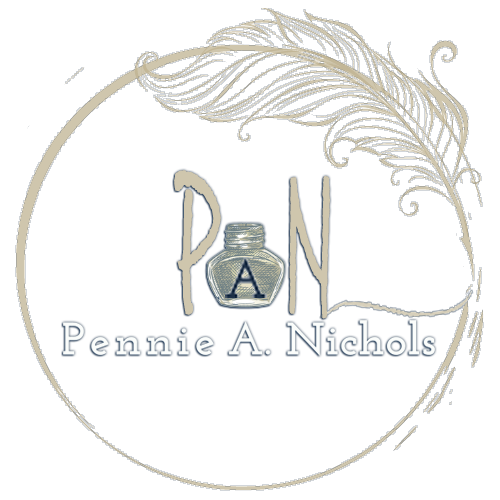Often a rule external to an organism determines the organism’s status (weed, pest, criminal). Any rule merits scrutiny, especially rules that create other and make “enemies” of the other.
In My Backyard
For years I’ve oiled poles and bought baffles and expensive bird feeders because I had a rule: the birdseed is not for squirrels. I put a lot of effort into blocking the squirrels, called them names, heckled and shooed them away.
I began to question my squirrel loathing and squirrel rules after I heard Cayra—a caller on the Every Little Thing podcast—describe her fascination with squirrels. It’s not that I never chuckled when I watched the squirrel antics, but Cayra’s questions and the answers that Dr. Mikel Maria Delgado provided cracked open my rule a bit. I began to ask myself why.
Not only why the rule?, but why continue these Sisyphus measures? I was equally awestruck and annoyed that the squirrels found ways to hack the oil, the baffles, and the most extravagant squirrel-proof feeders.
Squirrels typically live out their lives in a small area, so those squirrels are in my yard for life. It’s no wonder they break the oil-baffle-feeder code. They’re all in.
When I stopped fighting the squirrels, amazingly the birds didn’t starve. Everyone eats.
What When Is a Weed?
 Last week a friend posted on social media: “I was recently asked the difference between a weed and a plant. The answer, of course, is simply preference. I love these wild onions and let them grow wildly in my yard.”
Last week a friend posted on social media: “I was recently asked the difference between a weed and a plant. The answer, of course, is simply preference. I love these wild onions and let them grow wildly in my yard.”
Her preferences create the rule. Neighbors who frantically treat or pluck the wild onions from their lawns—”Damn weed”—have preferences that create a different rule: wild onions are weeds. For Connie, the tiny wildflower is just a plant. Did the neighbors not notice the delicate white petals, the fascinator flare of green above the flowers?
Thistles and dandelions are popping up all over my yard. Weeds, right? But thistles are edible, and dandelion-infused oil makes the best salve for rough gardener hands. What’s more, the bees that live in the cavity of my pine tree think these “weeds” are delightful.
So why is a squirrel a nuisance and a thistle a weed? It’s not biology.
Unexamined Rules that Create Other
The Stoics warn us about unexamined thoughts, remind us to cultivate awareness.
I recently mentioned my nemesis weed in a post, and a sister-blogger noted that that same plant—because it is a plant—is something she cultivates for the very properties that taunt me. Same plant. Different rules. Hmm.
Since her comment, I mix a little admiration with my annoyance as I pull the Virginia Creeper from my yard, and I tell the plant that I’m pruning, not plucking, so that it will be healthier…. for my Canadian friend. (If you know anything about this plant, it’s not a stretch to say that my southern Louisiana Virginia Creeper and my friend’s Creeper in Alberta, Canada, share the same root system.)
Those squirrels are eating the birdseed, but they’re not banging around in my attic, they’re not chewing on electrical wires. The squirrels aren’t really a nuisance. So I feed the critters, not just the birds, and I have one less nuisance in my life.
What about other rules? Not just rules that make plants weeds, rules that make squirrels pests. What about other rules that create other, like rules that make humans criminals?
This is where the Stoics remind us to step back. Examine the rules.
Some rules—laws—were created solely to criminalize groups of people. Those hateful rules aren’t confined to “other” countries. It’s not just them. And it’s not just history. Rules that criminalize and marginalize people continue to emerge.
The rules that create other are typically fueled by fear—the squirrels will eat my birdseed, the weeds will strangle my lawn, those people will cause problems. Rules that create other merit scrutiny.
Not your backyard?
Maybe not yet.
©Pennie Nichols. All Rights Reserved. 2023.


Probably the best, deepest, most though-provoking post I have seen so far this year, and I read a lot. Thank you. There’s lots here to mine.
Thanks, Carol. That means a lot, especially coming from you.
It definitely IS my back yard! And these ‘rules’ keep on coming back around. We learn nothing from history.
And I wonder how long it will be before we again see people banned from owning property based on race or creed. Not long enough.
BTW, thank you for tending the roots to my Virginia Creeper. They are coming up now–green and healthy! 😉
Yes. I’m pruning for you, Diane!! 😉